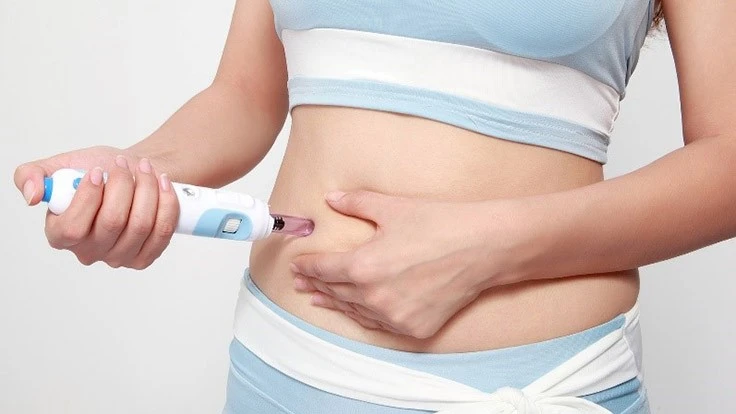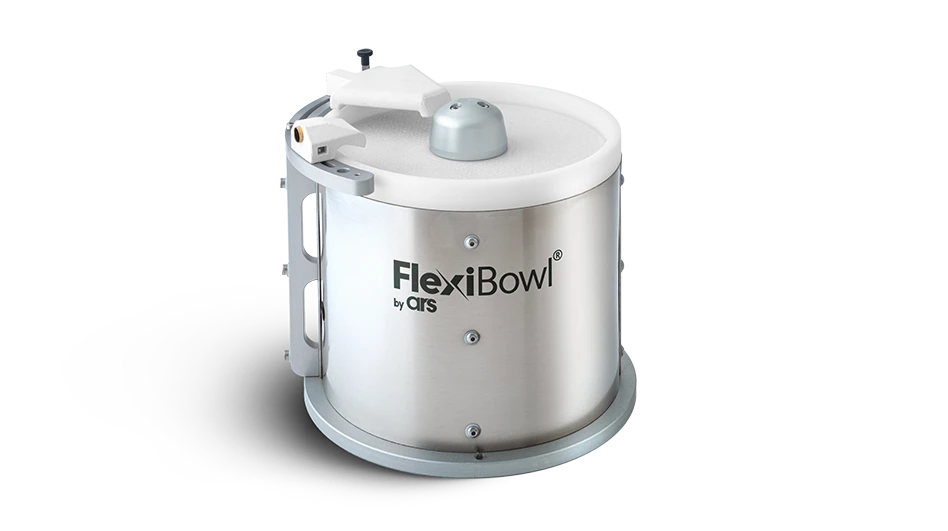
Imagine being able to treat diabetes without needles. For more than 114 million Chinese patients, it can be a reality. New research studies indicate needle-free injection is a viable therapy for diabetes and effective blood glucose control.
QS Medical Technology Co. Ltd. (QS), based in Beijing, has designed a new needle-free injection technology that is highly-effective and potentially more comfortable for patients with diabetes.
"We are focused on developing innovative medical products to make life a little easier and more comfortable for millions of patients in China and around the world,” says Justin Zhang, founder and general manager for QS. “That’s why we have partnered with Covestro to produce high-quality, needle-free injectors to meet the needs of a growing number of patients with diabetes.”
Currently, China has the most patients with diabetes in the world.
"Our vision is to make the world a brighter place,” says Wang Xinyu, sales director for China, Healthcare Sector, Polycarbonates Business Unit, Covestro. “For patients with diabetes, that means working to find solutions that push the boundaries of what is possible. Needle-free technology can provide patients with a more comfortable, efficient injection experience and help increase medication compliance.”

Based on its previous experience in the area of needle-free injection, QS selected Makrolon Rx1805, a medical-grade polycarbonate from Covestro, for the medicine ampoules. Makrolon medical-grade polycarbonates have excellent properties of durability, processability, safety and design flexibility, which meet the stringent requirements of a wide variety of medical products. With superior material performance, Covestro provides QS with total material solutions for its needle-free syringe products.
"Makrolon Rx1805 polycarbonate is mainly used in the production of the insulin-delivery interface and for molding the ampoules containing the medication for needle-free syringe products," notes Su Ning, head of QS Product Center. "The material meets our requirements for the plastic drug-delivery components and ampoule bottles for precise size, high strength and toughness. It ensures that the drug-delivery component can consistently and safely puncture through the plug of an insulin ampoule and fulfills our design, so that the drug-sampling needle and the protective cover of the drug suction apparatus are manufactured in one shot via injection molding. According to a series of rigorous tests, Covestro polycarbonates can achieve multiple criteria for material selection: strength, precision molding stability, drug safety and radiation sterilization resistance."
The main benefits of Makrolon Rx1805 polycarbonate from Covestro are:
- Resistant to cracking against lipids
- Resistant to radiation sterilization and able to ensure high productivity and efficiency during the molding of the ampoule bottles
- Biocompatible and complies with multiple requirements of ISO 10993
- High impact resistance
- Accuracy in molding size, and able to maintain stability under different application environments
“Our Research and Development goal for the next decade is to integrate injection drug with needle-free technology, and launch more convenient pre-loaded, needle-free administration systems to the market,” Zhang says. “To do this, we hope to develop a collaborative partnership with Covestro to push the boundaries in technology innovation for needle-free injection."
Latest from Today's Medical Developments
- Best of 2024: #9 Article – Strategy Milling combines old and new for precision dental restorations
- Best of 2024: #9 News – Global robotics race
- Best of 2024: #10 Article – Designing medical devices for every user
- Best of 2024: #10 News – 4 predictions for 2024: AI set to supercharge robotic automation
- Children’s National, FDA collaborate to advance pediatric device regulatory tools
- LK Metrology’s eco-friendliness CMMs
- Two patents for microfluidic valves
- AMADA WELD TECH’s blue diode laser technology





